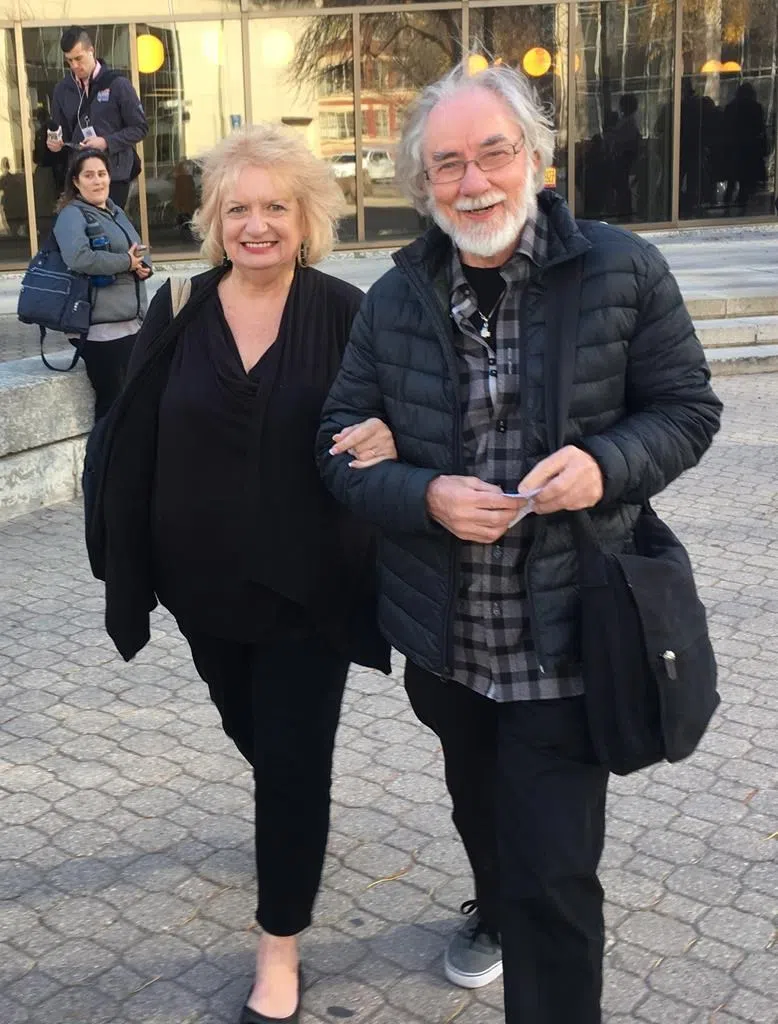
‘It’s over for us:’ Retrial in Candace Derksen’s death ends in acquittal
WINNIPEG — The killing of a Winnipeg teenager 33 years ago that gripped the Manitoba capital is once again an open legal question.
Mark Edward Grant, a man with a long criminal history originally convicted of second-degree murder in the death of Candace Derksen, was found not guilty Wednesday in a new trial that followed an appeal.
“After 10 years of being in custody for a crime he didn’t commit, Mr. Grant is crying and grateful that the system has worked,” Grant’s lawyer, Saul Simmonds, said outside court.
The victim’s parents, Cliff and Wilma Derksen, continue to believe Grant killed their daughter but after three decades, they do not want the Crown to appeal Wednesday’s decision.
